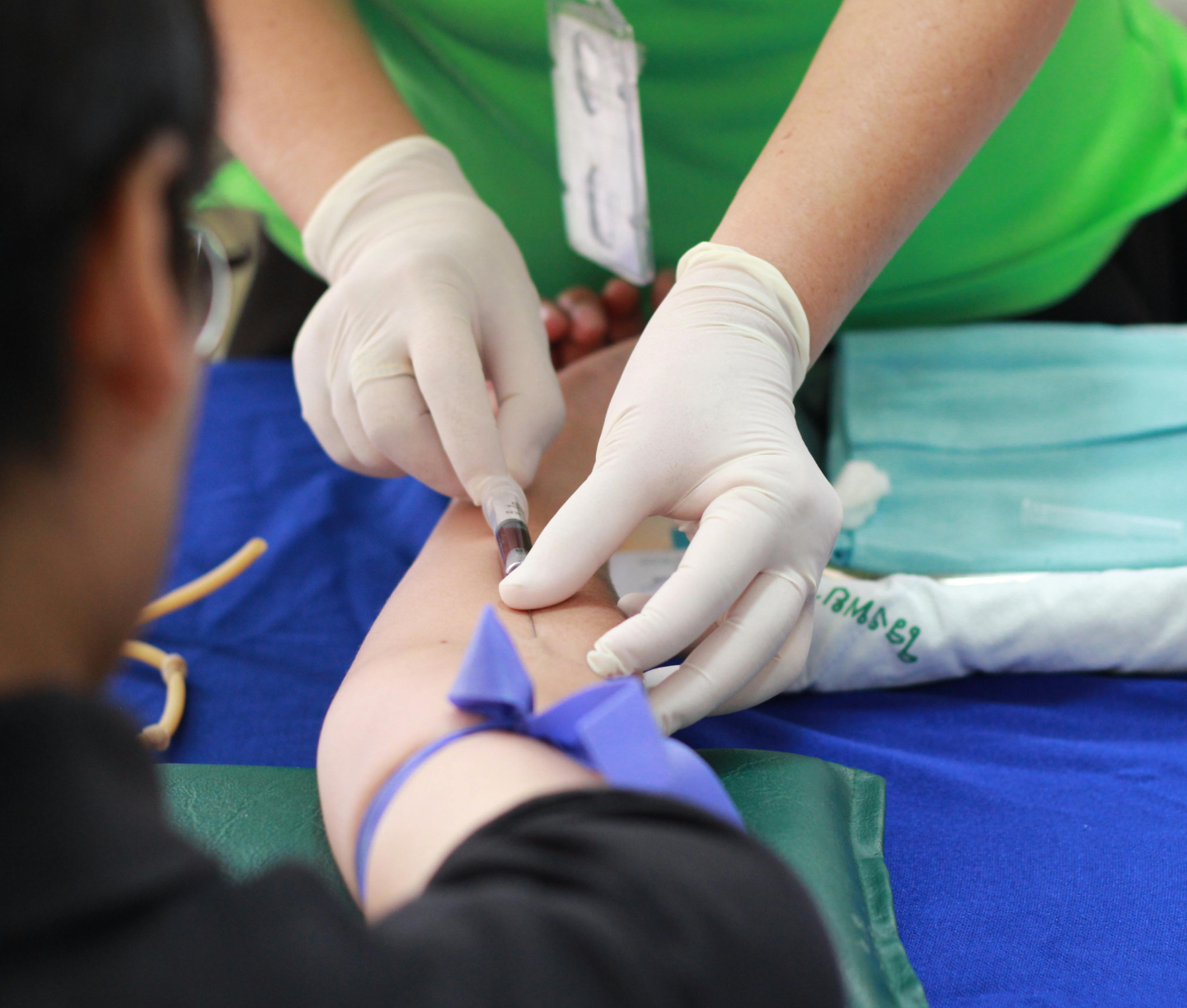San Diego-based Park Mental Health educates public on link between PTSD and substance abuse.
Post Traumatic Stress Disorder affects 8 million Americans each year, which equals roughly 8 million adults, according to the National Center for PTSD.
Often faced with a myriad of symptoms and delayed help, these individuals suffer, despite treatment that is highly effective and accessible. In recognition of June being PTSD Awareness Month, Park Mental Health is educating the public on the strong link between PTSD and addiction.
While PTSD is especially common among veterans and first responders, it also affects those who have experienced and/or witnessed other forms of trauma, including natural disasters, accidents, psychological, physical and sexual abuse.
“For those who experience a traumatic event, it can become difficult adjusting back to day to day life as they often, through no control of their own, relive the experience through flashbacks and nightmares,” said Park Mental Health Program Director Mikayla Weathers, LMFT. “These experiences can lead to further feelings of guilt, isolation and irritability, overwhelm and confusion.”
While symptoms typically develop within the first month of the experienced traumatic event, symptoms can appear a year later. Living with this disorder can have a significant negative effect on a person’s ability to function day to day in particular for those with extreme and persistent symptoms.
There are essentially three types of PTSD–delayed onset, birth trauma or complex trauma, the latter due to exposure at an early age or because of frequent, long-term acts.
“Receiving timely help and support from a medical professional will significantly decrease the likelihood of an individual developing PTSD,” Weathers said.
Once diagnosed with PTSD, a spectrum will be given to determine its severity and clarify treatment style by the provider on how to best improve symptoms, which vary from person to person.
Therapy at Park Mental Health includes developing communication skills and new skill sets, building or rebuilding healthy relationships with loved ones and boosting confidence to tackle future challenging situations.
PTSD symptoms often fall into four categories. They include: avoidance, intrusive memories, adverse changes in mood and thinking and changes in emotional and physical reactions. It’s important for friends and loved ones to look out for mental signs and symptoms to look out for include restlessness, dread, insomnia, panic attacks, irritability, and more.
At Park Mental Health, San Diego, we understand that living with PTSD creates a negative quality of life and our specialists offer medication and therapy as part of a treatment plan tailored specifically toward your goals.
“Attending therapy sessions for PTSD can help give your life structure and support through stressful and challenging situations,” Weathers said. “In particular, Cognitive Behavioral Therapy (CBT) and mindfulness are the most effective treatments used to relieve symptoms and increase overall well-being.”




